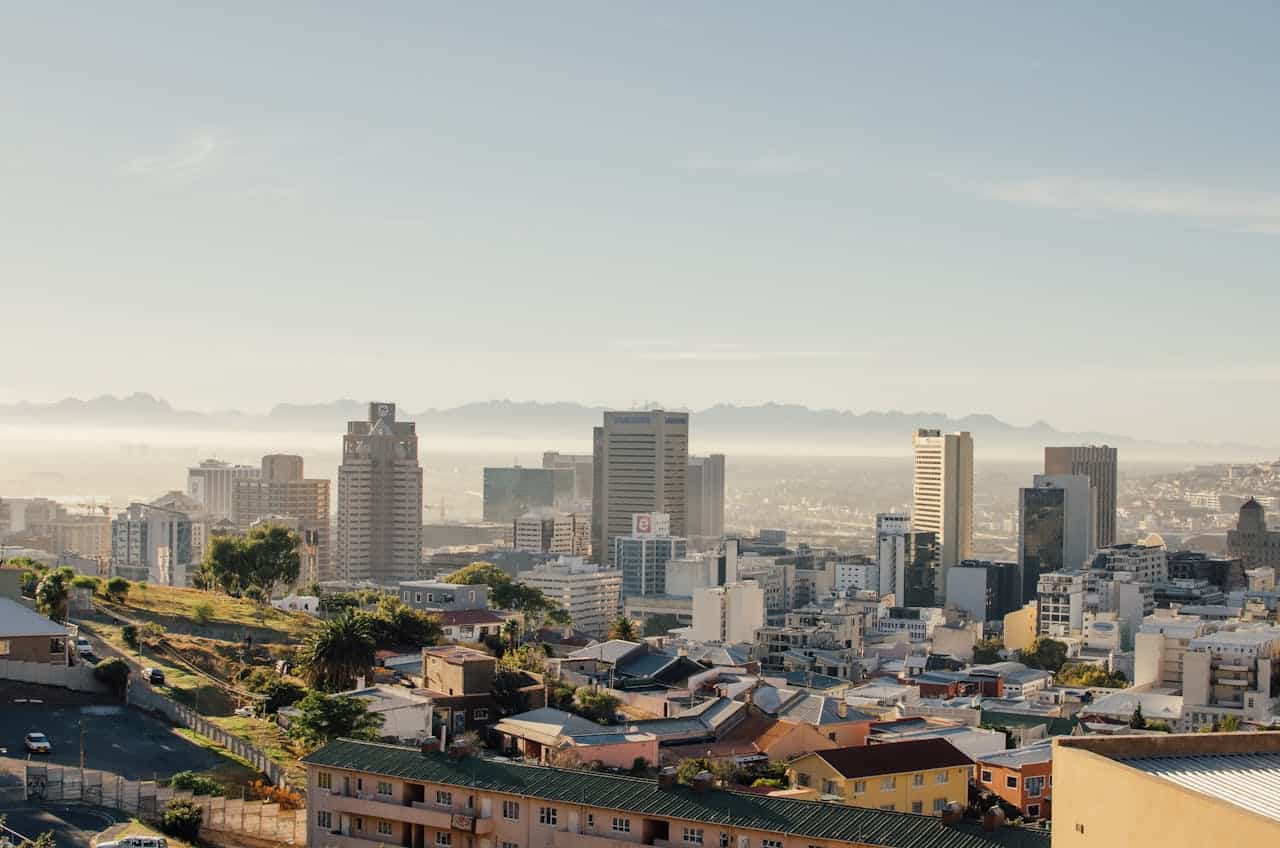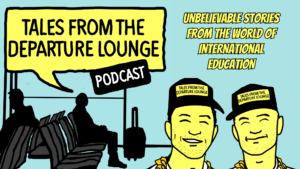Stakeholders have said that they were not surprised by the policy change itself – as South Africa and Botswana were the final two African countries not requiring an Irish travel visa – but that the last-minute announcement has overwhelmed the newly-created visa offices.
“It’s been spoken about for the last 12 months… the way they’ve done it is terrible, but we all knew it was coming,” Brent Morris, Sable Study Abroad managing director, told The PIE News.
“As far as I’m concerned, this is really not okay… Change the system, fine, but don’t do it in the middle of an intake.”
Morris, who manages one of Africa’s leading education agencies, was frustrated by the timeframe of the changes, which were announced on July 8 and came into effect on July 10.
This gave students just one day to travel to Ireland without having to obtain a visa and risk missing the start of the new academic year in September 2024.
The Dublin Visa Office has established a dedicated South Africa desk to process applications from South African nationals, and three more offices throughout the country are being run by VFS, although according to Morris these have been overrun with applications since the announcement.
“The VFS [which processes visas] has been lumped with this in peak visa season and is clearly overwhelmed with demand. There’s a lack of communication between the Irish Embassy and the office with both telling us different things,” said Morris.
The Irish embassy in South Africa indicated that visa applications should take approximately four weeks to be processed, although Morris said they were experiencing significant delays.
“Parents are panicking because it’s going to cost their kid a year of their life if they don’t get a visa and have to wait until next year, and that’s really sad,” said Morris.
Change the system, fine, but don’t do it in the middle of an intake
Brent Morris, Sable International
Seun Odeyemi, student recruitment manager at Go Etudier education consultancy in Johannesburg, agreed that the late notice of the policy change had been disruptive to students.
“In the case of South African passport holders losing visa-free access to Ireland, more notice could have facilitate smoother transitions for travellers, immigration authorities, and other stakeholders involved.
“It would have allowed affected individuals to make informed decisions and necessary arrangements in advance of the policy change,” Odeyemi told The PIE.
As well as a letter of acceptance from an Irish institution, students must provide evidence that their fees have been paid in full and that they have access to €10,000 for each year of their studies, in addition to the course fees.
According to the Irish Department of Justice, there has been a significant number of asylum applications from Botswanan and South African nationals in recent years, prompting the change in legislation.
“This is a carefully considered decision which will bring Ireland into closer alignment with the Schengen Area in respect of both of these countries, and into line with the UK in respect of South Africa,” said Minister for Justice Helen McEntee.
“The visa system is an essential part of our immigration system to determine who can travel to Ireland.”
As traditional study destinations such as Australia and Canada are imposing restrictions on international students, there has been a rise in interest for alternative destinations such as Ireland and Germany.
Earlier this year, Irish universities said they intended to double the number of African students in the next three to five years.
“It’s still nowhere near the UK but Ireland has definitely been gaining popularity in South Africa, but that’s going to disappear now, completely,” said Morris.
“The commercial attaché for Ireland is usually fantastic, they’ve really been driving students travelling to Ireland and promoting Irish schools. It’s very unlike the Irish embassy, who usually communicates quite well, so this weird for us – the way they’re doing this is not like them,” he said.




